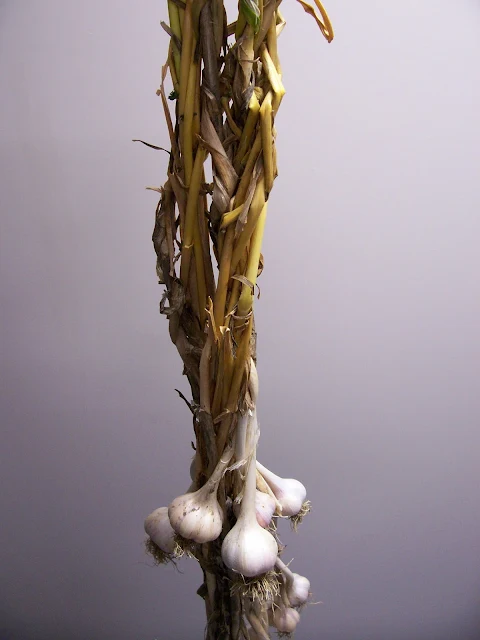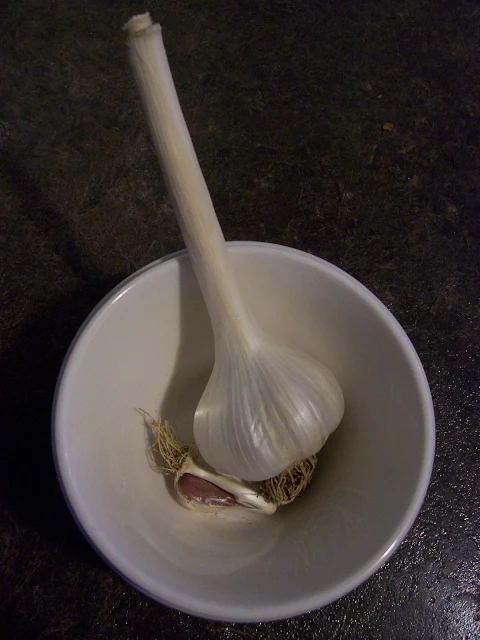 |
| Door #1 - Pandemonium. Door #2 - Paradise. |
In a hyper-consumer environment, any time we buy something we calculate how much money it will cost us. "How much will this cost me?" The only limits to purchase are dollars. If the consumer has money in the bank, or access to credit (increasingly the choice many make), the transaction takes place.
But wait. We fail to ask the most important question.
Where is the attempt to calculate the costs of the purchase to the greater environment? We should be asking,
"What is the ultimate cost to people and the planet for buying this service or item?"
I am convinced that most people do care about this, and will change their behaviour in compassionate ways when confronted with the facts (yes, I do believe those still exist).
Many Cassandras have been warning us of the final reckoning for the planet since industrialization and capitalist consumerism took over. They all come up with the same message -
Earth can not afford these ways, and unless we change the way we do things, ecological collapse is the likely outcome.
This was the conclusion of
The Limits To Growth by Donella H. Meadows, in 1972. Unfortunately, it has been largely discredited since its publication, by pro-growth pressures, and we largely missed an opportunity to act.
Certain opportunist optimists would like us to believe that we are smart enough to transcend all limits to growth. But can we, really? Look at the results so far. From what I can see, not so good.
We have a simple and basic choice to make, as outlined in
Limits To Growth so many years ago.
Think of it as Red Pill/Blue Pill.
Or Door #1/Door #2.
Door #1 - If the trends in world population, industrialization, pollution, food production, and resource depletion continue unchanged, the limits to growth on the planet will be reached sometime in the near future.
Door #2 - Arrest growth trends and establish a condition of ecological and economic stability that is sustainable far into the future. The state of global equilibrium would be designed by the people, for the people. In such a system, the basic human rights and material needs of the whole human family are satisfied in environmentally sensitive ways.
What happened since this 1972 red flag? The infinite growth system became an unstoppable juggernaut. The planet lost, as did the majority of its people. However, Mother Nature does seem to be fighting back, and "" are "Pissed Off".
We need a new paradigm in order to slow, then reverse our current slow-motion collapse, and I don't think governments are the answer. Their track record is increasingly sketchy, too, just like their corporate friends.
I'll take what's behind Door #2, please. Let's at least try it. If it fails, then we can go back to greed, poverty, a lack of genuine freedom, and an increasingly hostile environment.
What are the true costs of our consumer habits? Each purchase we make is an opportunity to choose between pandemonium, or paradise.













